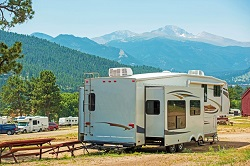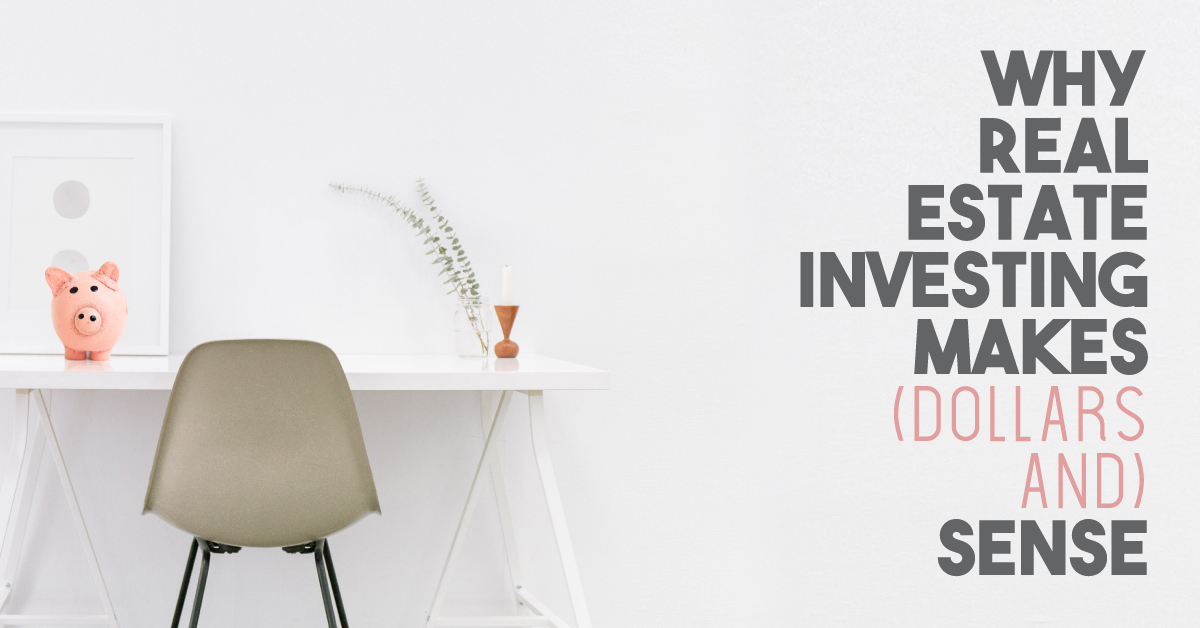 Some homeowners, who were not able to sell during the recession, chose to rent their homes instead. In some cases, they didn’t need to sell their home at the depressed prices and opted to rent it until the market recovered.
Some homeowners, who were not able to sell during the recession, chose to rent their homes instead. In some cases, they didn’t need to sell their home at the depressed prices and opted to rent it until the market recovered.
It’s a valid strategy but there are time restrictions that could have serious tax implications for some homeowners.
The section 121 exclusion for gain in a principal residence requires that the home is owned and used as a main home for at least two years during the five year period ending on the date of the sale. This allows a homeowner to rent their home for up to three years and still have some part of the exclusion available.
The sale of a home with a $200,000 gain that qualifies as a principal residence would result in no tax being paid by the owner. Comparably, a rental property with the same gain could have a $30,000 or higher tax liability depending on the length of ownership and tax brackets of the investor.
The housing market has dramatically improved in the last year. If you have a gain in a home that has been your principal residence and it has been rented less than three years, you might want to consider selling it while you qualify for the exclusion.
If you are considering a sale on your principal residence that has been rented, consult with your tax professional for advice on your specific situation. For additional information, see IRS Publication 523.

 A couple is planning to tour the United States in a travel trailer during their first few years of retirement. They are going to sell their current home now and purchase another home when they finish their travels.
A couple is planning to tour the United States in a travel trailer during their first few years of retirement. They are going to sell their current home now and purchase another home when they finish their travels.